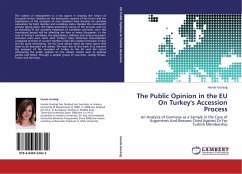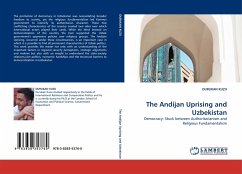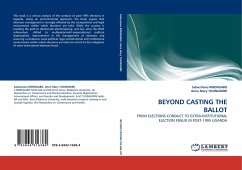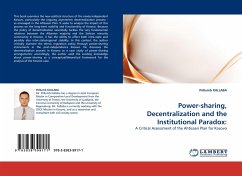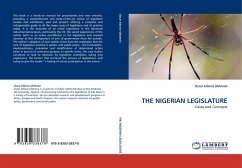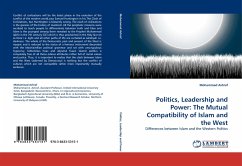
A Critical Analysis of Turkey's Fight Against the PKK
The Governmental Policies and Military Methods Against the Workers Party of Kurdistan (PKK) in the 1990s
Versandkostenfrei!
Versandfertig in 6-10 Tagen
52,99 €
inkl. MwSt.

PAYBACK Punkte
26 °P sammeln!
Turkish State adopted strict policies and severe military methods in the 1990s in order to overcome the PKK (Workers Party of Kurdistan) that challenged Turkish state establishment via its ethno-political discourse and hence, was regarded mainly as a terrorist organization against national security. This book analyses each government's approach and counterinsurgency policies as well as Turkish military's tactics and operations in order to curb the PKK threat in the 1990s. Besides, it tries to answer how such policies complicated the Kurdish question, and challenged Turkish state from three dir...
Turkish State adopted strict policies and severe military methods in the 1990s in order to overcome the PKK (Workers Party of Kurdistan) that challenged Turkish state establishment via its ethno-political discourse and hence, was regarded mainly as a terrorist organization against national security. This book analyses each government's approach and counterinsurgency policies as well as Turkish military's tactics and operations in order to curb the PKK threat in the 1990s. Besides, it tries to answer how such policies complicated the Kurdish question, and challenged Turkish state from three directions; namely southeast Turkey, northern Iraq, and Western Europe. Although the anti-PKK policies during each governmental period did not differentiate much from each other, the aim is to show that Turkish civilian authorities failed to take the initiative on, and the military-dominated approach aggravated the social and political circumstances in the region, hence, strengthened the PKK's anti-state discourse that led to the rise of Kurdish nationalism



